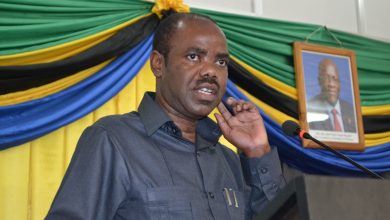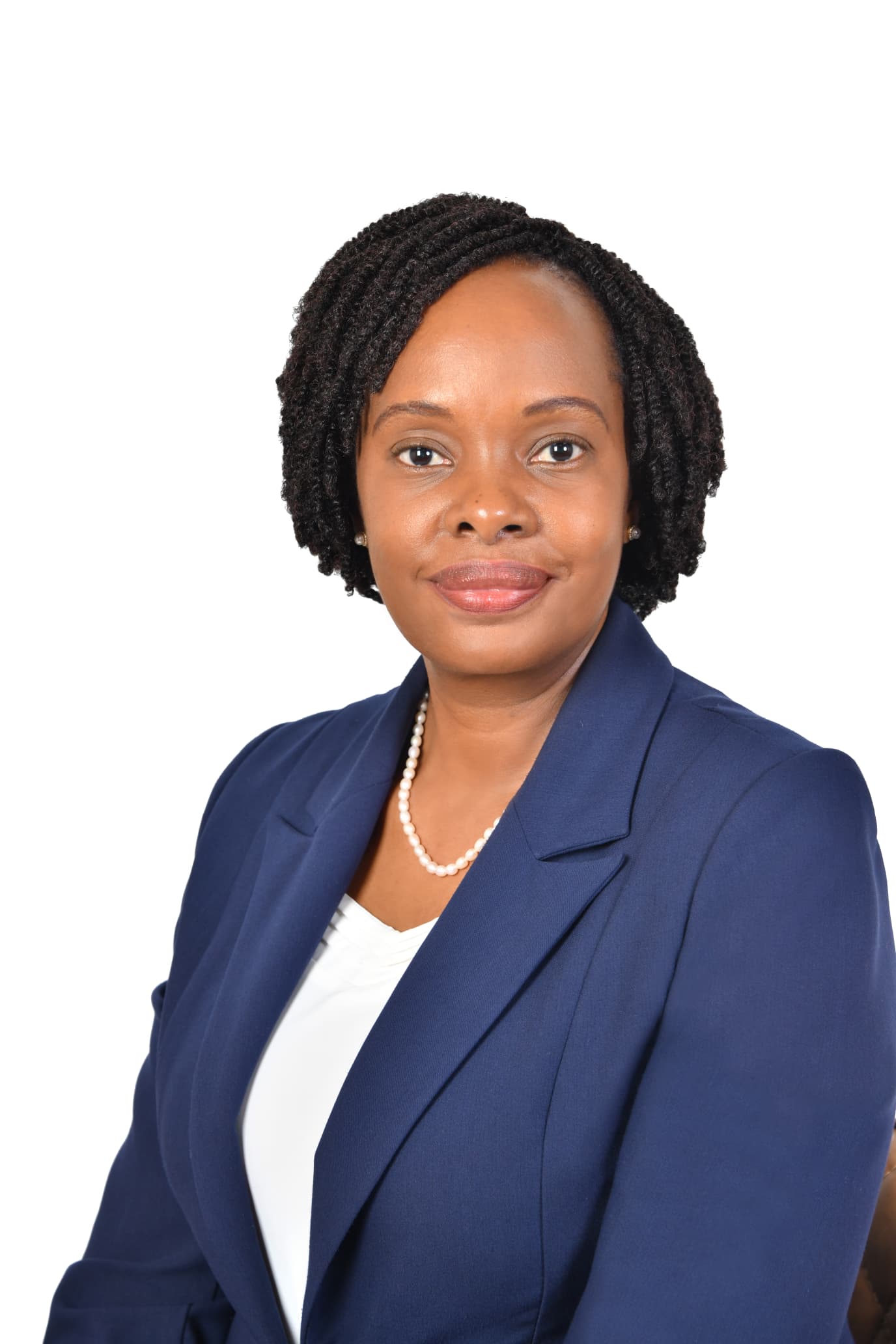Insurance uptake jumps to 25 million people

DAR ES SALAAM: THE number of insured people in Tanzania has soared to over 25 million by December last year, marking a 47 per cent increase from the 17 million recorded in 2022, thanks to robust government investment and growing public awareness.
This milestone was announced by Tanzania Insurance Regulatory Authority (TIRA) Commissioner, Dr Baghayo Saqware, during the ongoing 49th Dar es Salaam International Trade Fair (DITF).
“The government has made significant investments in the insurance sector, especially in digital infrastructure and regulatory systems.
This has made it easier for Tanzanians to access and trust insurance services,” Dr Saqware said.
The 25 million figure reflects coverage across a broad range of insurance products, including health, motor vehicle, fire, property and mobile phone insurance, highlighting the growing relevance of insurance in daily life.
Dr Saqware noted that this upward trajectory is expected to continue, with projections estimating that up to 50 million Tanzanians will be insured by 2030, in line with the government’s vision for inclusive financial services.
ALSO READ: TIO resolves over 2,000 insurance disputes
“Public understanding of insurance has significantly improved. People now see it not as a luxury, but as a vital safety net,” he added.
He urged Tanzanians to protect their assets with appropriate insurance and to engage with TIRA for education and support. “We not only regulate the sector but also assist the public by resolving disputes, handling complaints and helping register insurance policies,” he said.
As part of this year’s trade fair, TIRA has launched a dedicated ‘Insurance Village’ bringing together over 30 insurance providers, regulators and mediators under one roof to offer comprehensive services.
“The aim is to create a one-stop center where customers can access information, file complaints and receive services quickly and efficiently,” Dr Saqware said.
The initiative reinforces TIRA’s commitment to transparency, trust and accessibility, laying the groundwork for broader financial inclusion and economic resilience.
THE number of insured people in Tanzania has soared to over 25 million by December last year, marking a 47 per cent increase from the 17 million recorded in 2022, thanks to robust government investment and growing public awareness.
This milestone was announced by Tanzania Insurance Regulatory Authority (TIRA) Commissioner, Dr Baghayo Saqware, during the ongoing 49th Dar es Salaam International Trade Fair (DITF).
“The government has made significant investments in the insurance sector, especially in digital infrastructure and regulatory systems.
This has made it easier for Tanzanians to access and trust insurance services,” Dr Saqware said.
The 25 million figure reflects coverage across a broad range of insurance products, including health, motor vehicle, fire, property and mobile phone insurance, highlighting the growing relevance of insurance in daily life.
Dr Saqware noted that this upward trajectory is expected to continue, with projections estimating that up to 50 million Tanzanians will be insured by 2030, in line with the government’s vision for inclusive financial services.
“Public understanding of insurance has significantly improved. People now see it not as a luxury, but as a vital safety net,” he added.
He urged Tanzanians to protect their assets with appropriate insurance and to engage with TIRA for education and support.
“We not only regulate the sector but also assist the public by resolving disputes, handling complaints and helping register insurance policies,” he said.
As part of this year’s trade fair, TIRA has launched a dedicated ‘Insurance Village’ bringing together over 30 insurance providers, regulators and mediators under one roof to offer comprehensive services.
“The aim is to create a one-stop center where customers can access information, file complaints and receive services quickly and efficiently,” Dr Saqware said.
The initiative reinforces TIRA’s commitment to transparency, trust and accessibility, laying the groundwork for broader financial inclusion and economic resilience.





